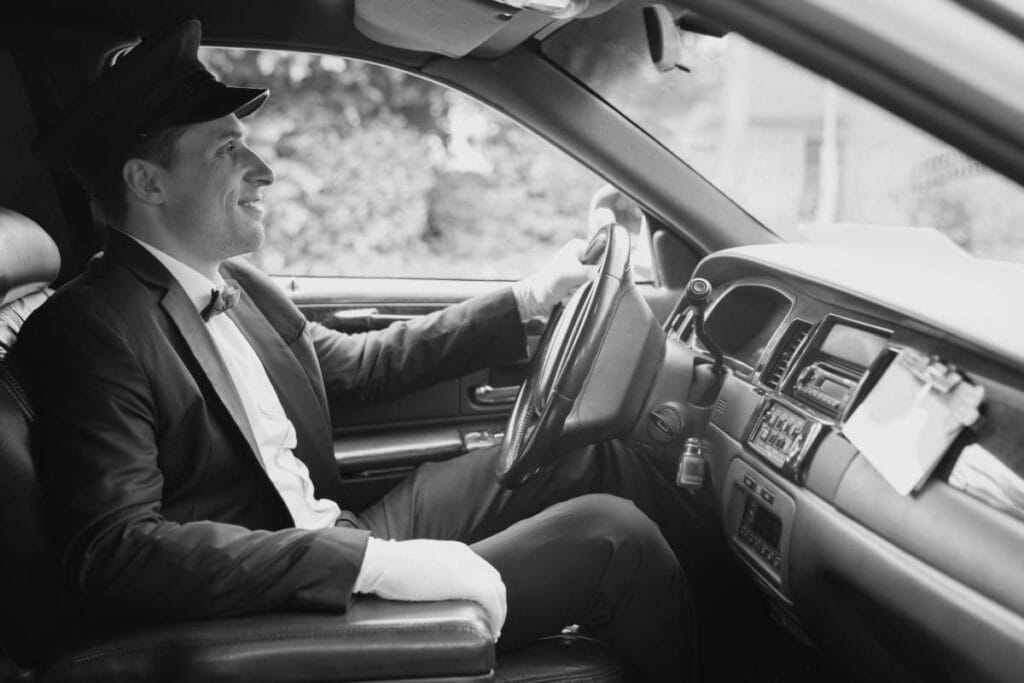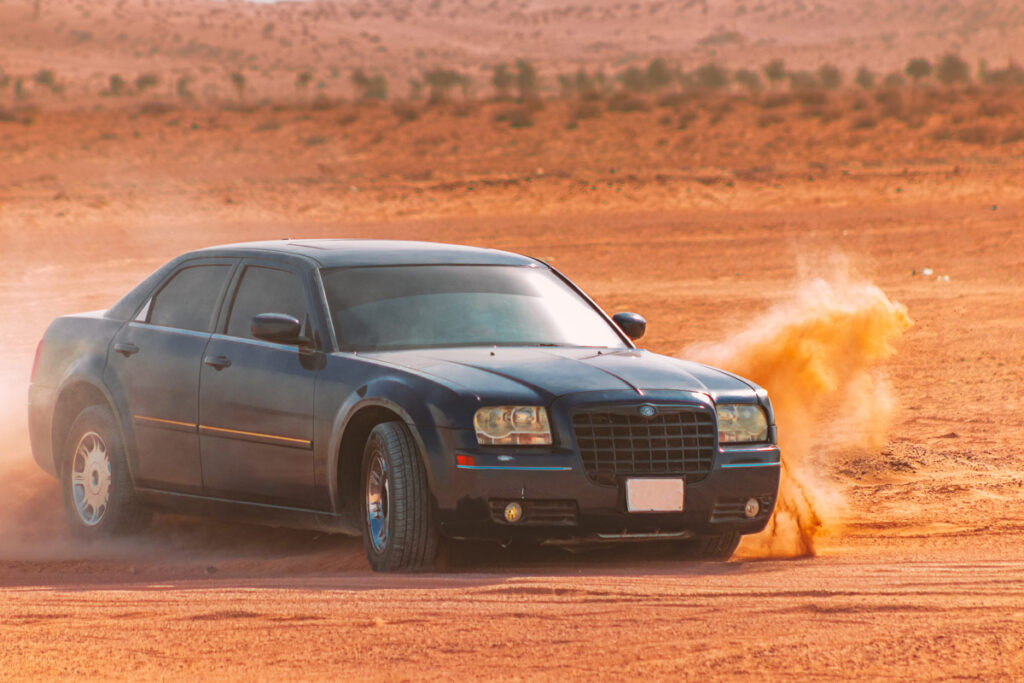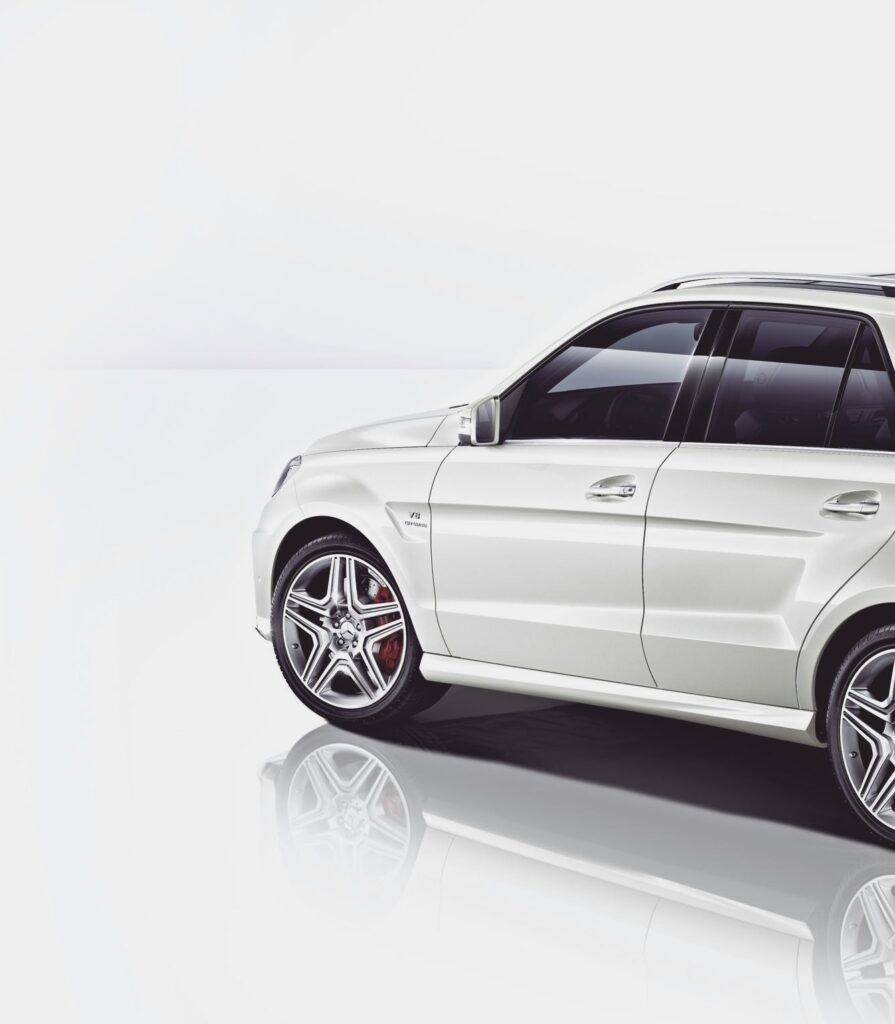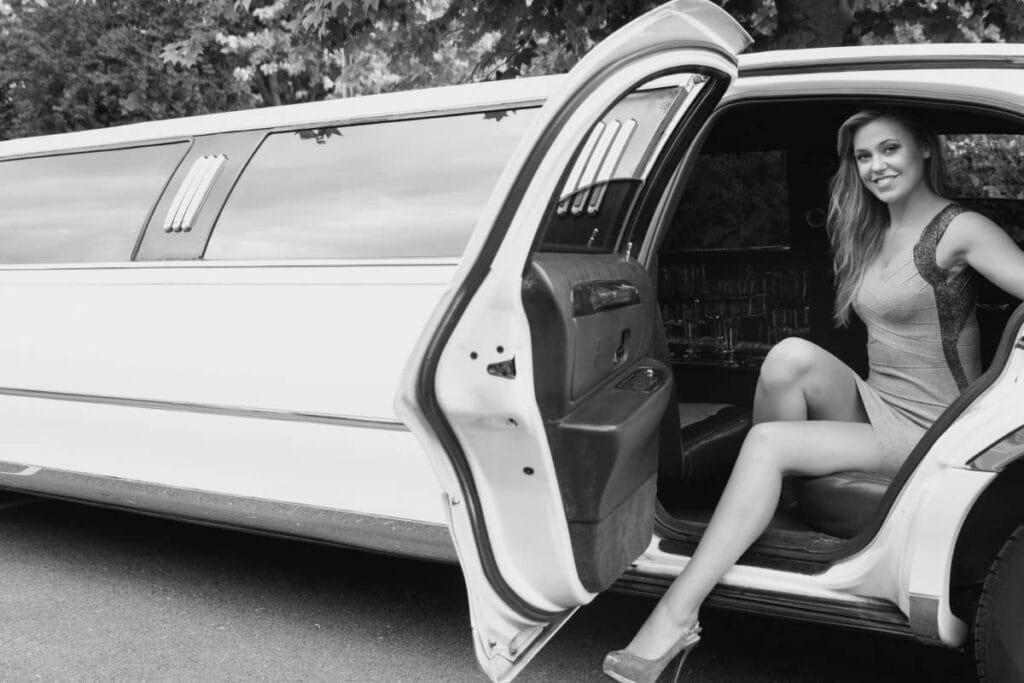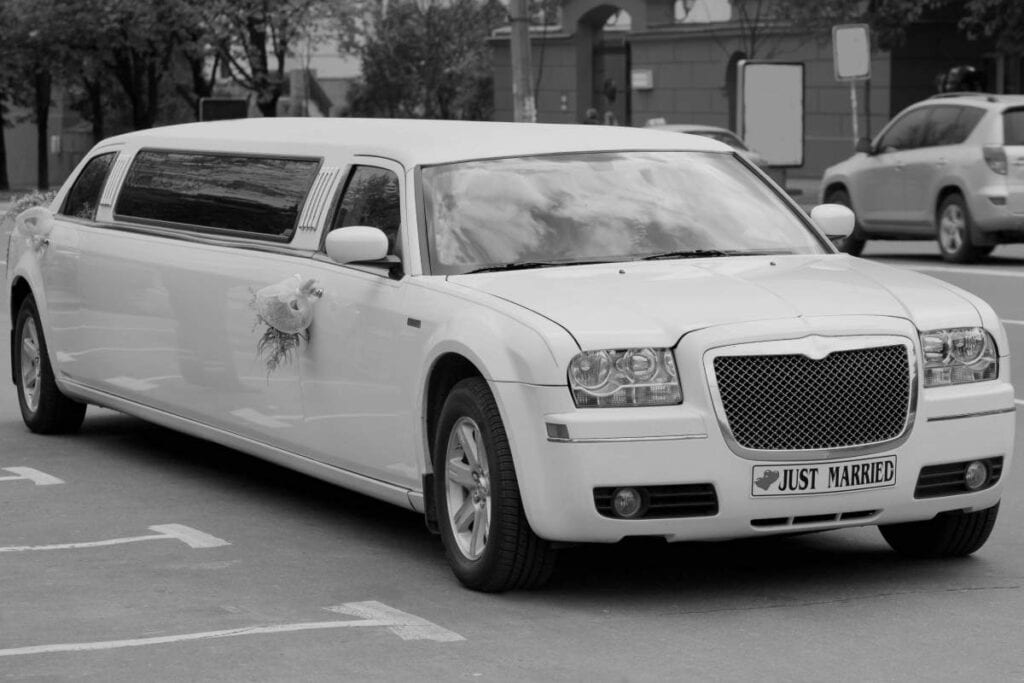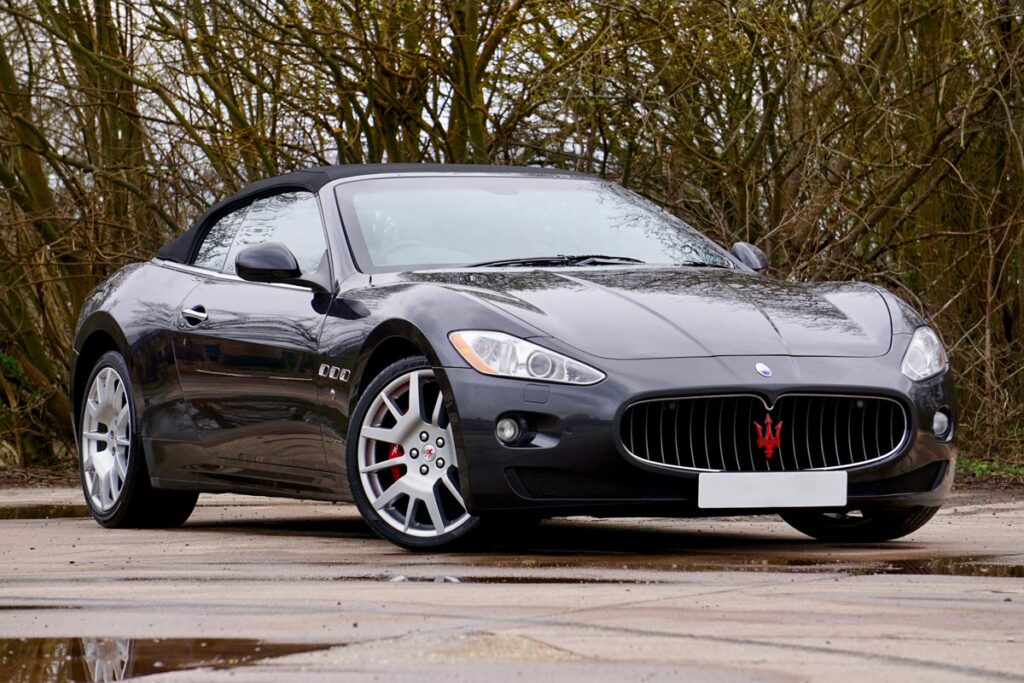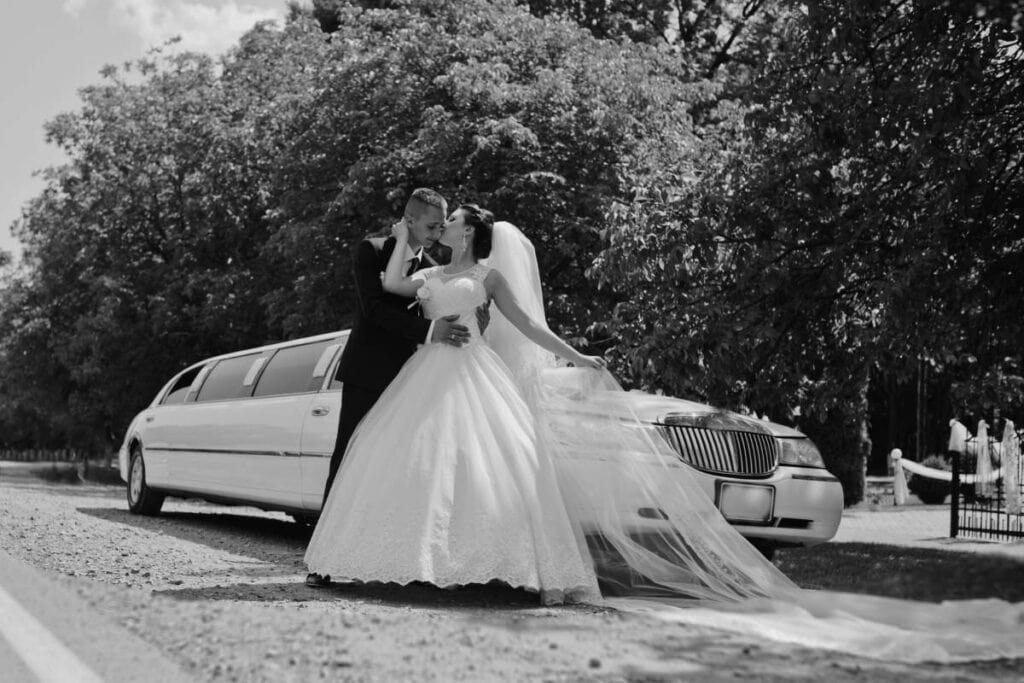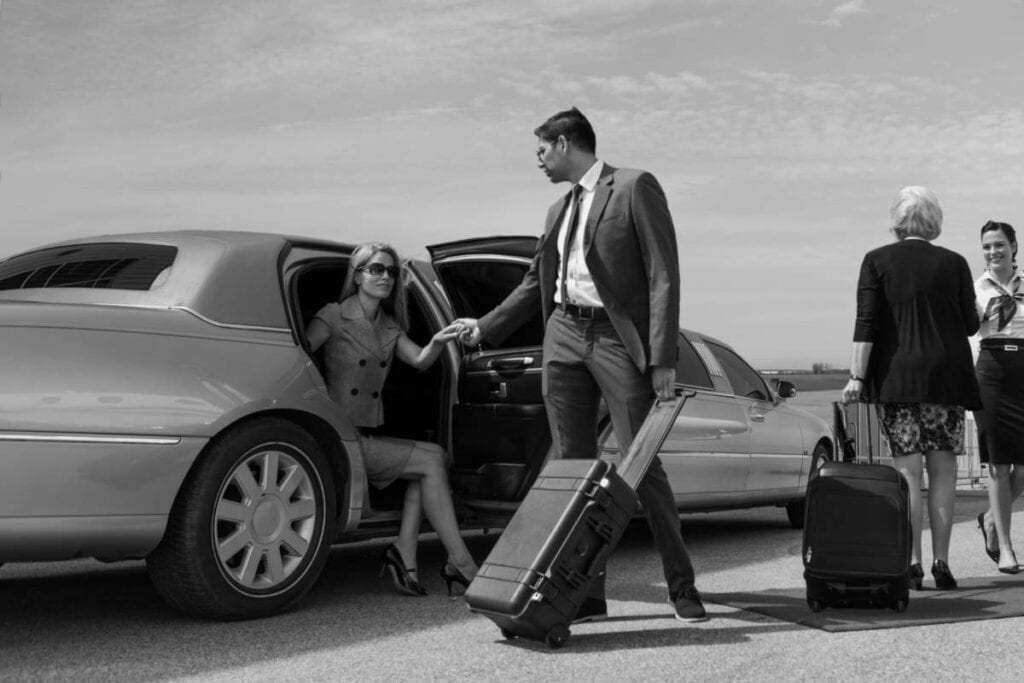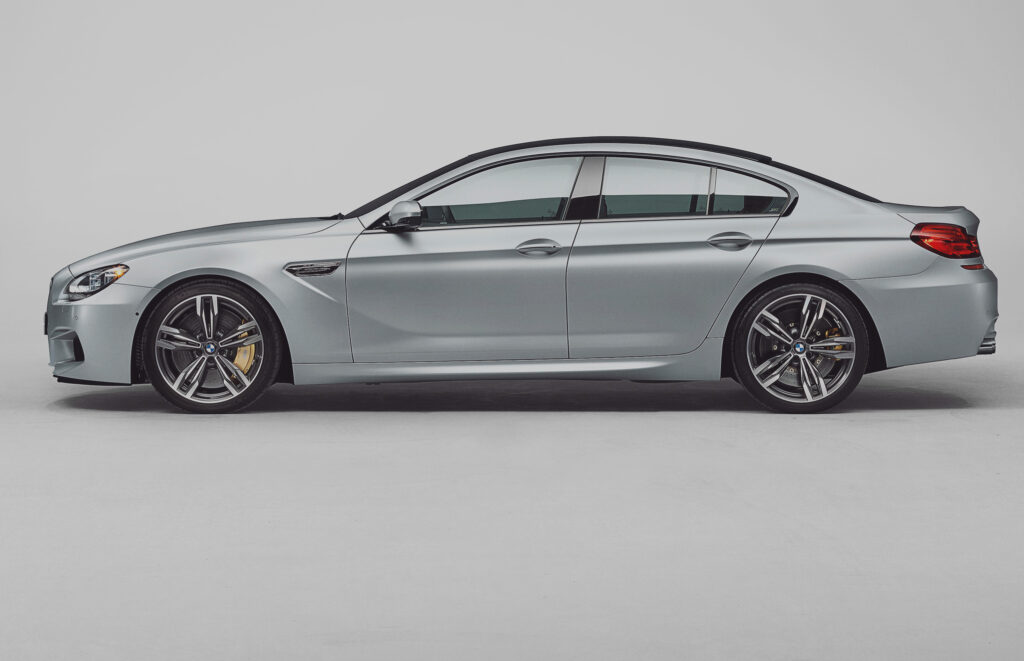Do you see little difference between a driver and a chauffeur? If you answered yes, you're wrong, but you're not alone. Unfortunately, the vast majority of people mistakenly believe this.
There are some clear distinctions between the roles of a professional driver and a chauffeur, despite the fact that both are paid to operate passenger vehicles. Therefore, to make an informed decision when choosing between a professional driver service and a corporate chauffeur service, you need to be familiar with the key differences between the two.
It is a common misconception that drivers and chauffeurs belong to the same occupational category. That, however, couldn't be further from the truth; there are numerous ways in which a driver differs from a chauffeur. Although their major function is to transport people from one location to another, taxi and shuttle services are not synonymous due to their unique characteristics.
A chauffeur's duties and responsibilities differ greatly from those of a driver, which we'll go over below. Continue reading if you, too, need clarification on the correct terminology to employ when requesting the services of a driver.
What You Should Know About Chauffeurs
On the other hand, a chauffeur is usually compensated hourly, whereas drivers like taxi drivers are paid per trip or mile driven. In most cases, chauffeurs work throughout standard business hours (Monday through Friday), though their schedules may also include evenings and weekends as their employers need.
Chauffeurs are trained to help their clients unload their bags at their final destination, while drivers typically drop them off at the front door and speed off.
Chauffeurs must be well-rounded individuals proficient in various areas, including safe driving, language proficiency, and the ability to use modern technology like GPS systems. However, drivers don't require these abilities because they rarely transport passengers.
The nature of the job and the responsibility for the passengers' or clients' safety while being driven about town, the countryside, etc., means that chauffeurs typically charge more than drivers for transportation services. In contrast, in most nations throughout the world, drivers do not need any additional insurance coverage beyond what is legally required for private vehicles on public roads.
Chauffeurs are required to take and pass a written test every year to keep their licence. In addition, they must pass an annual drug test and be eligible for a commercial driver's licence (CDL). Any individual in charge of running a vehicle, be it a public or a company car, is considered a driver. However, in certain countries, drivers are allowed to learn defensive driving skills without taking any tests or getting a licence.
At large events like concerts or sporting competitions, some chauffeurs also serve as security guards tasked with crowd management. In some cases, they may also help hotel guests with their bags. Although a high school diploma is sufficient for entry into the field, certain employers may give preference to applicants with additional education, such as from a vocational training programme or an associate degree in business administration.
Chauffeurs typically have extensive knowledge and familiarity with a wide variety of cars. As a result of their education and experience, some chauffeurs are qualified to carry passengers who require particular assistance.
A Smaller Background On Drivers
Drivers spend much of their time behind the wheel, yet they may need more formal training or expertise in their work sector. It's possible that your driver will only prioritise your needs and make sure you have a pleasant ride to your destination, preferring instead to get you where you're going as quickly as possible.
Why Should You Use A Car Service Or A Personal Driver?
There is little difference between the primary motives for employing a chauffeur or a driver. Travellers on business often find themselves in cities they aren't acquainted with, and using a car service makes getting where they need to go a breeze.
Then why don't businesses give their employees money to go towards the cost of taking public transportation or a taxi? A few do. However, how well these services work for you depends on your city.
Only a few cities have convenient access to taxis and ridesharing services. There may need to be more of a taxi or ride-share system in some of the largest cities for your employees to go to client meetings and get around safely.
No matter how much you look into it, it's difficult to predict where these driving services' blind spots will be. Because of the widespread Covid-19 virus, coverage is extremely poor in many parts of the country.
When you hire your private driver, you eliminate any potential risks. Meaningful ease of use. That entails making sure your employee arrives at their destination on schedule.
Key Distinctions Between A Driver And A Chauffeur
Type Of Service
The term "chauffeur" is generally reserved for those who are paid to drive, as opposed to "driver," which can refer to anyone who operates a motor vehicle. A driver's only job is to get you where you're going, but a chauffeur is to make your life easier while maintaining a high level of professionalism and politeness.
If you hire a chauffeur, you can relax and enjoy the ride, knowing that you and your belongings are safe and well taken care of.
The job description for a passenger car driver is to transport passengers from one location to another. On the other hand, a chauffeur is typically hired to provide a service that goes beyond merely transporting a passenger to any location of their choosing. This service typically includes but is not limited to the following: You may rely on them to take care of anything from making bookings and delivering stuff to running errands on your behalf and gathering things like dry cleaning, flowers, and more.
Chauffeurs will do errands and do whatever else their clients ask as long as they are within the legal boundaries. For example, your request to take a detour or travel via a more scenic route to reach your destination of choice will be honoured, as will any other requests of a similar nature.
Experience And Training
What sets chauffeurs unique from other drivers is the extensive training required to become one. A driver's licence can be obtained by anyone of legal driving age, although a chauffeur's training is essential.
Traffic laws, traffic patterns, customer service, and other skills will all be covered during this session. In addition, they are required to take continuing education classes so that the consistently high level of service they deliver is consistent with the high standards of the luxury vehicle sector.
While everyone can get behind the wheel, becoming a chauffeur calls for specialised training and other qualifications. Background checks for chauffeurs are much more thorough than for drivers because they are also expected to provide service.
Chauffeurs may be expected to attend additional driving and etiquette classes, depending on the company they work for. This is to ensure that they are prepared for any eventuality, such as dealing with a flat tyre or driving in hazardous weather.
Dress Code
One of the most prominent characteristics that set a chauffeur apart from a driver is the required formal attire. However, a driver can feel free to dress casually in any way they see fit.
On the other hand, Chauffeurs are subject to strict rules regarding their appearance and may even be required to wear a uniform. Therefore, they must look their best in pristine, elegant, and formal attire.
Professional drivers and chauffeurs typically wear different uniforms, which is one way to tell them apart. A chauffeur is expected to present a very polished and well-groomed appearance by dressing in a pressed tuxedo or suit, tie, gloves (black or white), dress shirt, and dress shoes. During the winter, they may don a cap and an overcoat that coordinates with their suit.
The attire of a driver is typically less formal. Instead, they will dress professionally in a normal suit or slacks, a button-down shirt, a jacket with the corporate logo and/or branding, and polished shoes.
Type Of Vehicles
Professional drivers are employed to operate luxurious automobiles driven by chauffeurs. In most cases, they are hired and trained to drive high-end vehicles like sedans, limousines, and vans. On the other hand, travellers can choose between regular and premium automobiles driven by the same driver.
Chauffeurs are hired to carry clients professionally, comfortably, and discreetly. They typically drive clients in a limousine, executive van, or high-end sedan.
If you hire a driving service, they will likely have a variety of vehicles in their fleet, including both economy and high-end options.
Trust And Discretion
When you hire a chauffeur, on the other hand, you can rest assured that you will receive a high level of secrecy and trust from them, which is not something you can say about an ordinary driver. Moreover, when hiring a chauffeur, you don't have to worry about your privacy being invaded, so you can freely discuss anything and go anywhere with them.
Pros And Cons Of Chauffeur Vs. Private Driver
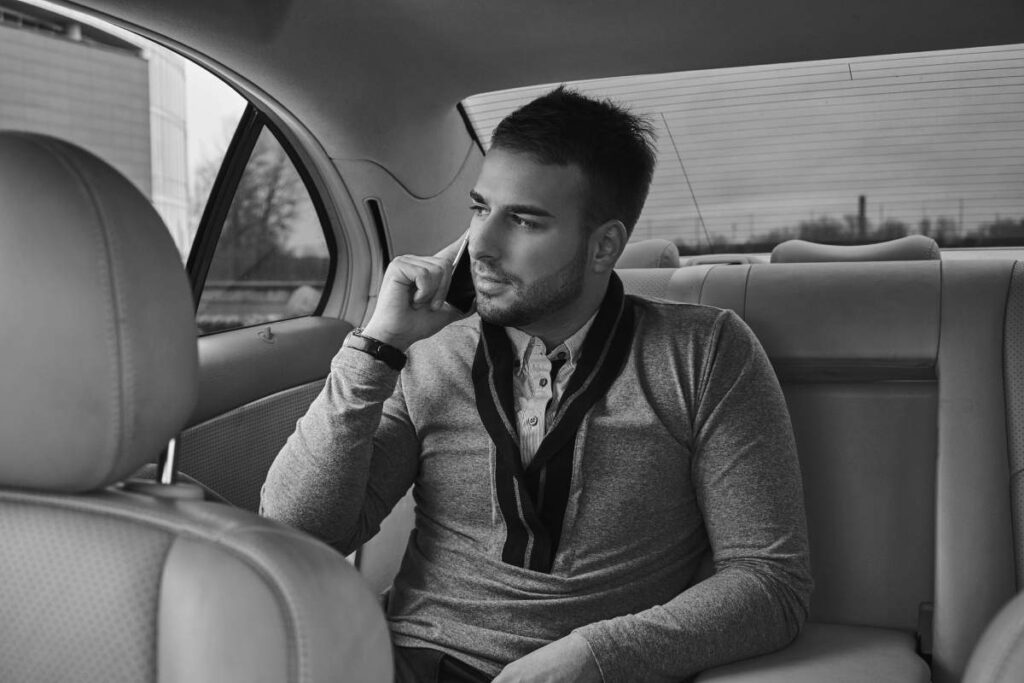
The principal benefits and drawbacks of hiring private drivers are identical. You can hire a private driver for the same level of service for less. With sufficient experience and a clean driving record, anyone can start working as a private driver. You'll have a competent driver take you where you need to go without crashing into anything or anyone, but you won't receive any additional customizations.
The main drawback of hiring a chauffeur is that they are more expensive. However, the benefits are limitless, as being a chauffeur involves more than just driving; it's also a customer service position. Like a great butler, a good chauffeur will come to know the client's preferences. They'll play the right music at the right time, decorate for the right holidays, and make you a cup of coffee if you ask nicely.
There is more to being a chauffeur than knowing how to go from point A to point B safely. Because of this, you can rest assured that you will receive first-rate service from your chauffeur at all times, even if you're taking a different vehicle than usual.
Conclusion
Many people mistakenly believe that drivers and chauffeurs are the same things. An expert driver is different from a chauffeur in several important ways. Both are compensated based on the number of miles travelled, or trips taken, but those similarities end there. Most of the time, hiring a chauffeur will be higher than hiring a regular driver. It is possible to hire a chauffeur trained to transport clients with special needs.
In certain nations, drivers can take defensive driving courses without passing exams or receiving a licence first. When referring to a professional driver, the term "chauffeur" is typically used. A driver's only responsibility is to deliver to your destination, but a chauffeur must ease your burdens with impeccable service and civility. Therefore, chauffeurs undergo significantly more extensive screening than regular drivers. In addition, drivers and chauffeurs may be required to take additional safety and social skills training.
Dressed impeccably in a pressed tuxedo or suit, a chauffeur is intended to offer a refined and well-groomed image. Hiring a chauffeur guarantees you an increased level of privacy and confidence. Anyone with a clean driving record and enough experience can get a job as a private driver. You may relax, knowing that a skilled driver is taking you where you need to go without endangering anyone or anything along the way.
Content Summary
- There are some clear distinctions between the roles of a professional driver and a chauffeur, despite the fact that both are paid to operate passenger vehicles.
- Therefore, in order to make an informed decision when choosing between a professional driver service and a corporate chauffeur service, you need to be familiar with the key differences between the two.
- It is a common misconception that drivers and chauffeurs belong to the same occupational category.
- That, however, couldn't be further from the truth; there are numerous ways in which a driver differs from a chauffeur.
- A chauffeur's duties and responsibilities differ greatly from those of a driver, which we'll go over below.
- Continue reading if you, too, need clarification on the correct terminology to employ when requesting the services of a driver.
- This means that chauffeurs typically charge more than drivers for transportation services.
- In addition, they must pass an annual drug test and be eligible for a commercial driver's licence (CDL).
- However, in certain countries, drivers are allowed to learn defensive driving skills without taking any tests or getting a licence.
- Drivers spend much of their time behind the wheel, yet they may need more formal training or expertise in their work sector.
- There is little difference between the primary motives for employing a chauffeur or a driver.
- However, how well these services work for you depends on your city.
- Only a few cities have convenient access to taxis and ridesharing services.
- There may need to be more of a taxi or ride-share system in some of the largest cities for your employees to go to client meetings and get around safely.
- When you hire your private driver, you eliminate any potential risks.
- A driver's only job is to get you where you're going, but a chauffeur is to make your life easier while maintaining a high level of professionalism and politeness.
- If you hire a chauffeur, you can relax and enjoy the ride, knowing that you and your belongings are safe and well taken care of.
- The job description for a passenger car driver is to transport passengers from one location to another.
- What sets chauffeurs unique from other drivers is the extensive training required to become one.
- A driver's licence can be obtained by anyone of legal driving age, although a chauffeur's training is essential.
- While everyone can get behind the wheel, becoming a chauffeur calls for specialised training and other qualifications.
- Background checks for chauffeurs are much more thorough than for drivers because they are also expected to provide service.
- One of the most prominent characteristics that set a chauffeur apart from a driver is the required formal attire.
- Therefore, they must look their best in pristine, elegant, and formal attire.
- The principal benefits and drawbacks of hiring private drivers are identical.
- You can hire a private driver for the same level of service for less.
- With sufficient experience and a clean driving record, anyone can start working as a private driver.
- However, the benefits are limitless, as being a chauffeur involves more than just driving; it's also a customer service position.
- Because of this, you can rest assured that you will receive first-rate service from your chauffeur at all times, even if you're taking a different vehicle than usual.
FAQs About Chauffeurs
What Is A Female Chauffeur Called?
For a female driver, the French word is "chauffeuse," while "chauffeur" refers to a man driver. However, like in many gendered professions, "chauffeur" has earned the status of a gender-neutral term, while "chauffeuse" is now more recently used to describe a chair by a fireplace.
What Do Chauffeurs Do While Waiting?
When you rent a chauffeured service, it is impossible to be caught up in a scenario where your chauffeur transports someone else during your booking hours. The vehicle is at your service, whether you are in it or not. The chauffeur is waiting for you – they don't sleep or leave the area.
The chauffeur is familiar with the best and alternative routes and shortcuts to and from your destination. In addition, each luxury airport transportation is well-informed about your flight schedules and possible delays.
What A Good Chauffeur Shouldn't Do?
The best chauffeurs have impeccable social graces, expressed in polished speech and unruffled demeanour. Therefore, if their clients aren't interested in talking, chauffeurs should refrain from forcing them to.
Chauffeurs shouldn't use drugs or drink while on the clock. The inverse is illegal and should be avoided at all costs. Clients could be waiting for them at any time, so they need to be sober and attentive.
Driving while texting is prohibited, as is holding in the passing lane. Nobody likes being stuck behind a car going the speed limit in the opposite lane. However, a good driver will safely make way for speedier vehicles.
What Are The Duties Of A Chauffeur?
Now that we know the meaning of chauffeur, we would like to talk about his or her duties. To summarise, we can divide a chauffeur's duties into three main categories:
- Transportation
- Keeping the vehicle in good shape
- Client's service
Why Do Chauffeurs Wear Gloves?
You've always wondered what the deal was with chauffeurs and gloves. Fortunately, the solution is straightforward. Wearing gloves gives them a more secure hold on the wheel, which is especially useful when driving at high speeds on the highway. However, when driving for extended periods of time, the vibrations from the wheel might cause discomfort in the hands, although gloves can help alleviate this problem.
Leather and wood steering wheels can be protected when drivers use gloves. With these on board, a wheel's finish won't be damaged by sweat or grease. Also, when it's chilly outside, gloves help keep your hands at a nice, even temperature, making for a more soothing and enjoyable drive.
Most limos will carry a maximum of eight to ten passengers. Most stretch luxuries feature a rear passenger compartment and two seats behind the driver compartment. In contrast, the smallest limos have space for six to eight passengers, with just the driver and passenger compartment.
There is no standard limousine make or model – instead the word refers to a vehicle that has a larger compartment in the back half of the car than your average automobile. All you really need to consider something as a “limo” all you really need a nice car that has a lot of leg room in the rear.


